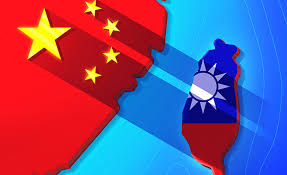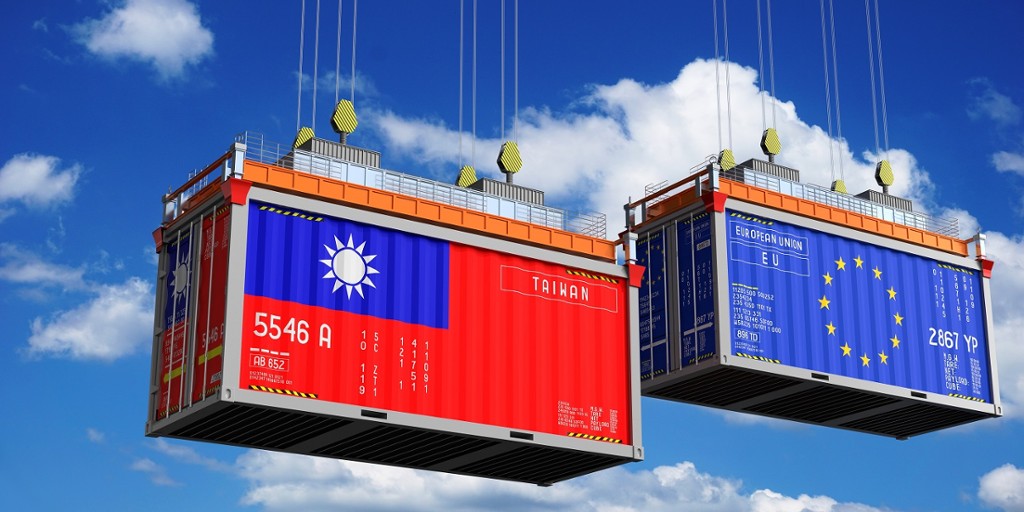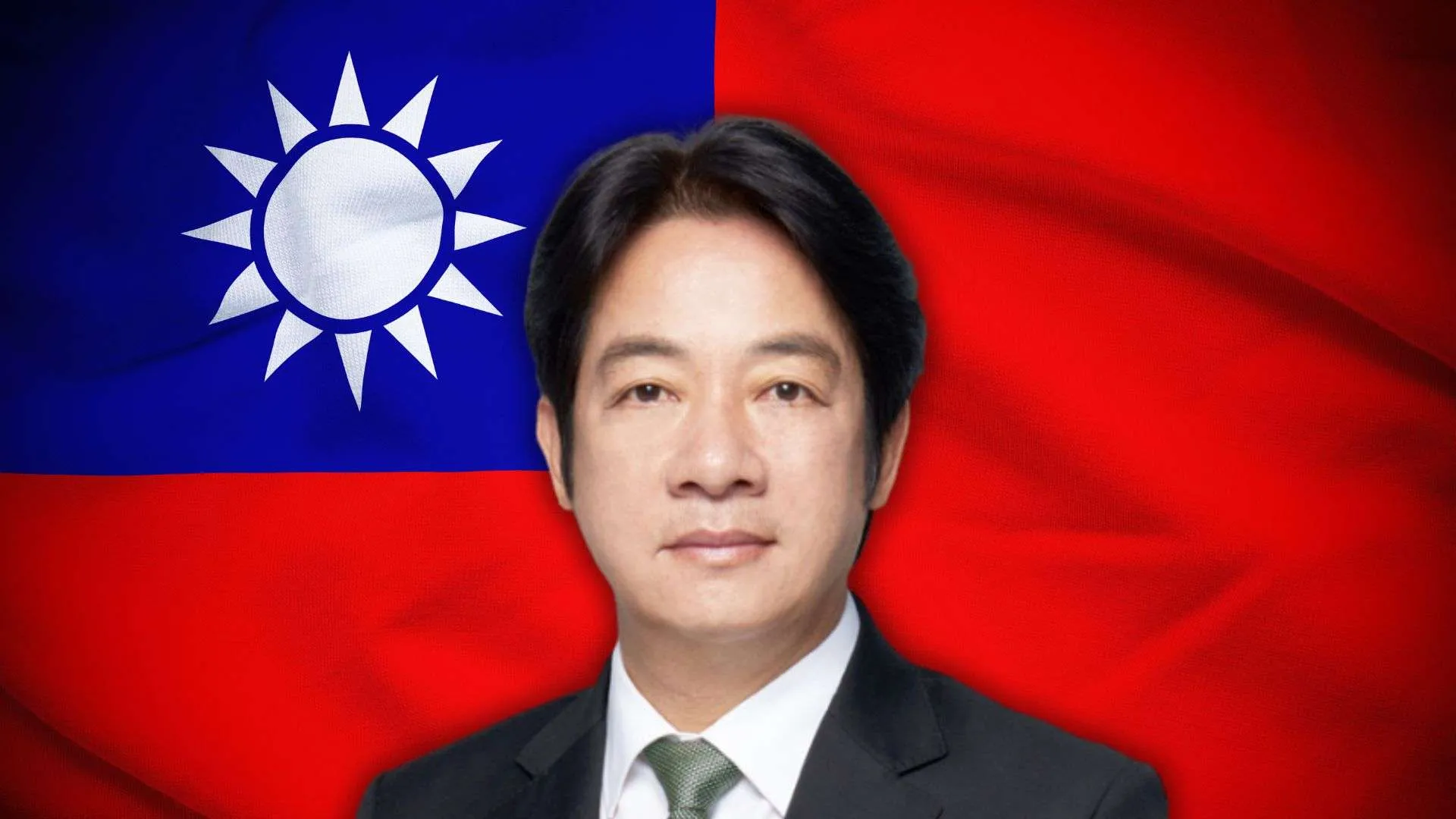by Martin Haffner Associate Editor
Taiwan’s relationship with China has long been a contentious and complex issue, rooted in a historical backdrop that spans over a century. As tensions escalate and international interests converge, the situation continues to evolve, impacting regional and global dynamics. This article delves into the intricacies of Taiwan’s relationship with China, examining historical antecedents, current developments, and future implications.
Historical Context
The seeds of the Taiwan-China issue were sown in 1945, at the end of World War II, when Japan relinquished control of Taiwan. The island had been under Japanese rule since 1895. After the Chinese Civil War (1945-1949), the defeated Kuomintang (KMT) government retreated to Taiwan, establishing what it deemed the Republic of China (ROC). The victorious Communist Party of China (CPC) established the People’s Republic of China (PRC) on the mainland. Since then, the two sides have existed in a state of separation, with both parties asserting sovereignty over China.
For decades, the PRC viewed Taiwan as a breakaway province that must eventually be reunified with the mainland, while Taiwan has maintained a distinct identity, governance, and societal structure that diverges significantly from that of China. Despite this predicament, the international community has largely adopted a policy of strategic ambiguity, recognizing the PRC while maintaining unofficial ties with Taiwan.
Current Tensions
Cross-Strait Relations
In recent years, tensions across the Taiwan Strait have intensified. The PRC has ramped up military exercises near Taiwan, conducting frequent air and naval operations that raise alarm among Taiwanese citizens and contribute to a precarious security environment. Additionally, the Chinese government has implemented a series of diplomatic pressures aimed at isolating Taiwan internationally, persuading countries to break formal ties with Taipei.
The Taiwanese public’s sentiment toward China has also shifted, particularly under President Tsai Ing-wen, who has reaffirmed Taiwan’s sovereignty and rejected the “One China” principle promoted by Beijing. Consequently, opinion polls have consistently shown growing support for formal independence rather than reunification, despite the significant risks associated with such a move.
The Role of the United States
The United States plays a crucial role in the Taiwan-China dynamics. Through the Taiwan Relations Act, the U.S. has committed to providing defensive support to Taiwan, which has emboldened Taiwan to resist pressures from China. However, this commitment has sparked tensions between Washington and Beijing, with the PRC viewing U.S. arms sales and policy statements as provocations.
In the face of growing Chinese assertiveness, the U.S. has attempted to bolster its presence in the Indo-Pacific region and strengthen alliances with countries that share concerns about a rising China. This has implications for Taiwan’s security and global standing, as U.S. support remains a significant deterrent against potential military aggression from Beijing.
Economic Factors
The economic relationship between Taiwan and China is complicated. China has become Taiwan’s largest trading partner, with many Taiwanese companies operating in the mainland under varying degrees of integration. However, this dependency creates vulnerabilities for Taiwan, as the potential for economic coercion exists—at any moment, China could leverage its economic clout to influence Taiwanese politics or public sentiment.
Furthermore, the semiconductor industry—a critical component of global supply chains—further complicates matters. Taiwan is a global leader in semiconductor manufacturing, and any geopolitical turmoil could disrupt not only regional stability but also global tech supply chains, leading to broader economic ramifications.
The Future of Taiwan-China Relations
As the geopolitical landscape evolves, the future of Taiwan and its relationship with China remains uncertain. While many in Taiwan advocate for maintaining the status quo of de facto independence, there is an underlying fear that this could lead to confrontation with China, especially if Beijing continues to escalate military pressure.
Additionally, the outcome of future Taiwanese elections, shifts in U.S. foreign policy, and ongoing developments in global power dynamics will significantly shape the trajectory of cross-strait relations. The desire for autonomy juxtaposed with the lingering specter of reunification creates a precarious balance that could tip toward instability at any moment.
Taiwan’s tense relationship with China is a multifaceted issue shaped by history, national identity, economic dependencies, and international interests. As both sides navigate this tense landscape, the potential for conflict looms ominously on the horizon. For Taiwan, preserving its identity and securing its democratic way of life remain paramount, even as it contends with the persistent advances of an ever-assertive China. The international community watches keenly, understanding that the dynamics of this relationship will play a pivotal role in shaping the future of the Indo-Pacific region and beyond.



